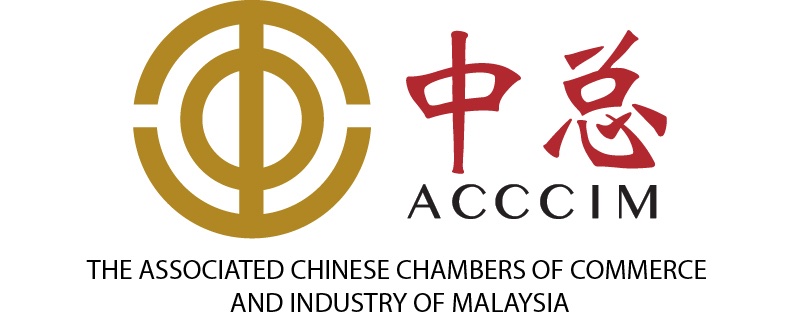The Associated Chinese Chambers of Commerce and Industry of Malaysia (ACCCIM) has welcomed the 13th Malaysia Plan (RMK13), describing it as a comprehensive and strategic blueprint to support Malaysia’s journey toward becoming a high-income nation by 2030. At the same time, the Chamber stressed the need for effective execution, strong inter-agency coordination, and the inclusion of micro, small and medium enterprises (MSMEs).
Covering 2026 to 2030, RMK13 builds on the MADANI Economy Framework, which prioritises economic growth, income equality, education, healthcare, digitalisation, and environmental sustainability.
RMK13: A High-Stakes Investment in Malaysia’s Future
The government has set a growth target of 4.5% to 5.5% annually under RMK13. To achieve this, it plans to inject RM611 billion into the economy.
Of this, RM430 billion will come from the Federal Government, underlining its strong commitment to national development. Government-linked companies (GLCs) and government-linked investment companies (GLICs) will contribute another RM120 billion, while Public-Private Partnerships (PPPs) will mobilise the remaining RM61 billion.
These funds will support projects in infrastructure, digital connectivity, education, healthcare, public transport, flood mitigation, and affordable housing. ACCCIM believes these initiatives can stimulate growth and restore investor confidence – if executed effectively.
Empowering SMEs and Boosting Innovation
Crucially, ACCCIM is advocating for greater support to micro, small, and medium enterprises (MSMEs), which make up the backbone of Malaysia’s economy.
The Chamber recommends refining financing mechanisms through more agile, phased approaches that better match SMEs’ growth stages. It also encourages better integration of SMEs into high-value industry supply chains and broader access to digital tools, artificial intelligence applications, and diversifying the production of high-value products “Made by Malaysia”.
To drive innovation, ACCCIM proposed a reform of the national R&D&C&I model – encompassing research, development, commercialisation, and innovation. The Chamber recommended expanding tax incentives, simplifying application processes, and eliminating bureaucratic hurdles. Strengthening partnerships between government, academia, and the private sector remains crucial to building a robust innovation ecosystem.
Reforming Governance for a More Competitive Economy
ACCCIM also called for urgent reforms in the public sector. Faster and more transparent service delivery, the group said, will be key to building business confidence. It voiced strong support for initiatives like the ILTIZAM Act and the STAR Task Force, both of which aim to simplify business processes and reduce red tape.
The Chamber further stressed the importance of digitalising government services, updating outdated laws, and ensuring regular policy reviews. These efforts, it noted, will enhance Malaysia’s competitiveness and ease of doing business.
A Vision That Demands Action
ACCCIM concluded that RMK13 presents a clear and promising vision for Malaysia’s economic future. However, it warned that vision alone is not enough. Real progress will depend on sound governance, inclusive policymaking, and the government’s ability to execute swiftly and effectively. The Chamber reiterated its commitment to working with stakeholders across sectors to ensure the plan benefits all levels of society.








